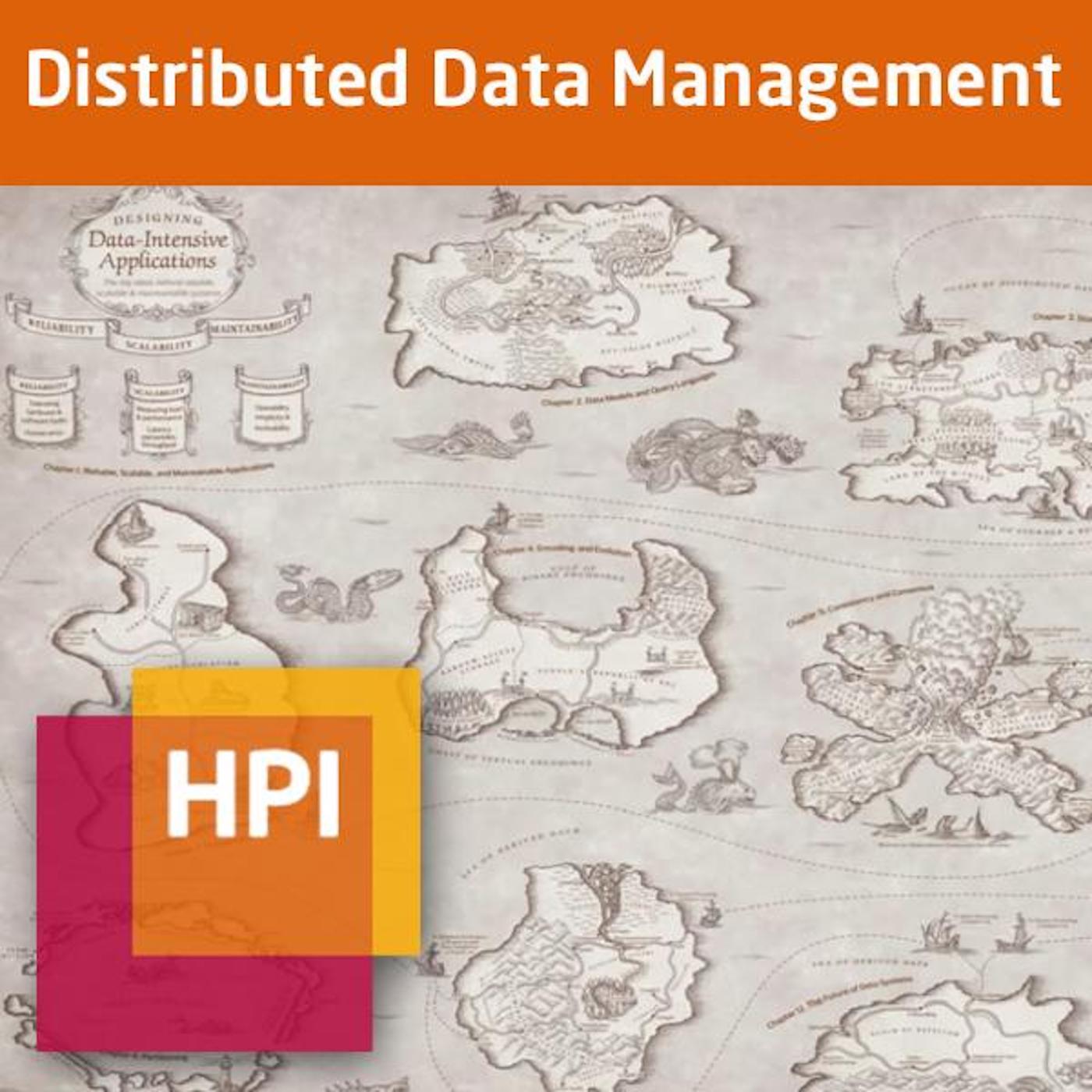Distributed Data Management (WT 2018/19) - tele-TASK
By Prof. Dr. Felix Naumann, Dr. Thorsten Papenbrock
Listen to a podcast, please open Podcast Republic app. Available on Google Play Store and Apple App Store.
Category: Courses
Open in Apple Podcasts
Open RSS feed
Open Website
Rate for this podcast
Subscribers: 0
Reviews: 0
Episodes: 26


Description
The free lunch is over! Computer systems up until the turn of the century became constantly faster without any particular effort simply because the hardware they were running on increased its clock speed with every new release. This trend has changed and today's CPUs stall at around 3 GHz. The size of modern computer systems in terms of contained transistors (cores in CPUs/GPUs, CPUs/GPUs in compute nodes, compute nodes in clusters), however, still increases constantly. This caused a paradigm shift in writing software: instead of optimizing code for a single thread, applications now need to solve their given tasks in parallel in order to expect noticeable performance gains. Distributed computing, i.e., the distribution of work on (potentially) physically isolated compute nodes is the most extreme method of parallelization.
Big Data Analytics is a multi-million dollar market that grows constantly! Data and the ability to control and use it is the most valuable ability of today's computer systems. Because data volumes grow so rapidly and with them the complexity of questions they should answer, data analytics, i.e., the ability of extracting any kind of information from the data becomes increasingly difficult. As data analytics systems cannot hope for their hardware getting any faster to cope with performance problems, they need to embrace new software trends that let their performance scale with the still increasing number of processing elements.
In this lecture, we take a look a various technologies involved in building distributed, data-intensive systems. We discuss theoretical concepts (data models, encoding, replication, ...) as well as some of their practical implementations (Akka, MapReduce, Spark, ...). Since workload distribution is a concept which is useful for many applications, we focus in particular on data analytics.
| Episode | Date |
|---|---|
|
Lecture Summary
|
Feb 05, 2019 |
|
Distributed Query Optimization (1)
|
Jan 22, 2019 |
|
Distributed Query Optimization (2)
|
Jan 22, 2019 |
|
Processing Streams
|
Jan 15, 2019 |
|
Stream Processing
|
Jan 14, 2019 |
|
Transactions
|
Jan 08, 2019 |
|
Consistency and Consensus
|
Jan 07, 2019 |
|
Distributed Systems
|
Dec 18, 2018 |
|
Spark - Hands On
|
Dec 17, 2018 |
|
Apache Spark
|
Dec 11, 2018 |
|
Beyond MapReduce
|
Dec 10, 2018 |
|
Distributed File Systems and MapReduce
|
Dec 04, 2018 |
|
Batch Processing
|
Dec 03, 2018 |
|
Partitioning
|
Nov 27, 2018 |
|
Replication
|
Nov 26, 2018 |
|
Storage and Retrieval
|
Nov 20, 2018 |
|
Data Models and Query Languages
|
Nov 13, 2018 |
|
Patterns
|
Nov 12, 2018 |
|
Akka Actor-Programming Part 2
|
Nov 06, 2018 |
|
Akka Actor-Programming Hands-on
|
Nov 05, 2018 |
|
Models of Dataflow
|
Oct 30, 2018 |
|
Encoding and Evolution
|
Oct 29, 2018 |
|
Data Warehouses
|
Oct 23, 2018 |
|
Distributed DBMS
|
Oct 22, 2018 |
|
Foundations
|
Oct 16, 2018 |
|
Introduction
|
Oct 15, 2018 |
